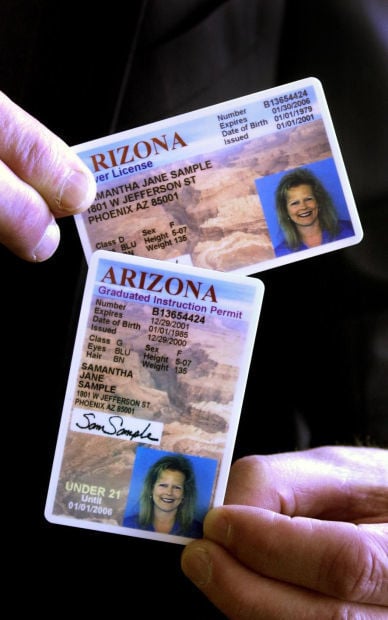PHOENIX — The question of whether a federal court allows the state to deny licenses to “dreamers” could depend on how hard the judges believe it is to get around Arizona without a car.
Attorneys for those challenging the 2012 Arizona policy contend that the state’s refusal to license those in the Obama administration’s Deferred Action for Childhood Arrivals program runs afoul of federal laws governing immigration.
They acknowledge a 1996 Arizona law says the state issues licenses only to those “authorized” to be present in this country. But the challengers say it is the federal government, not Arizona, that decides who is authorized.
More than 12,000 DACA recipients already are driving after a lower court judge rejected that argument.
Now the case is before the 9th U.S. Circuit Court of Appeals. But what that court decides could turn on a narrower question: Is the Arizona policy pre-empted because it undermines a key provision of DACA that allows those who qualify not only to remain but specifically to work legally in this country?
And in new filings, the lawyers for challengers cite the lack of mass transit to prove that.
But Dominic Draye, an assistant attorney general defending the law, said even if there is a link between being able to drive and get a job, a point he is not conceding, that is legally irrelevant. He said the right to work does not mean the right to drive to get there — or even the right to a job that requires a license.
DACA allows those who arrived as children and meet other conditions to remain in this country without fear of deportation. DACA recipients also are issued Employment Authorization Documents, which allow them to work.
The Department of Transportation, acting at the behest of Jan Brewer when she was governor, balked at issuing licenses, citing a 1996 law requires proof that someone is “authorized” to be in this country. Attorneys for the state contend DACA is not authorization but simply a policy not to deport those who are not legally present.
But the appellate judges signaled they may decide the issue on whether they believe denying licenses to DACA recipients frustrates the federal program.





